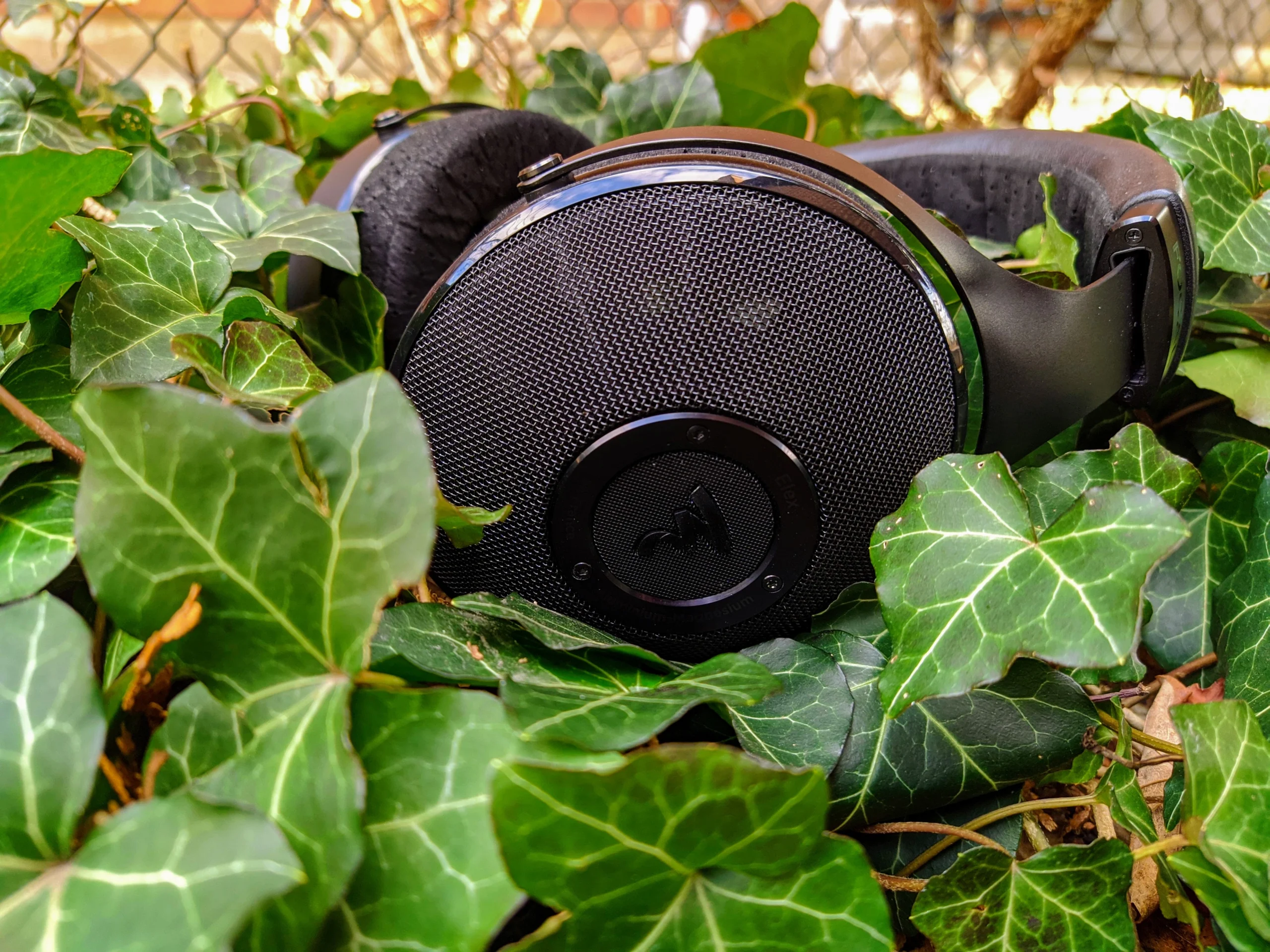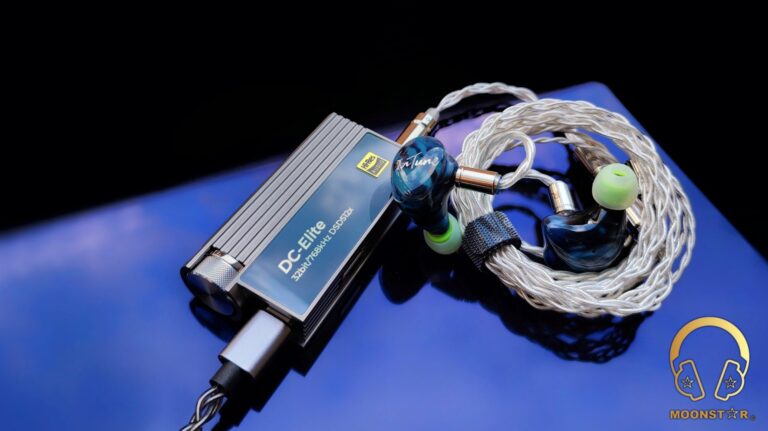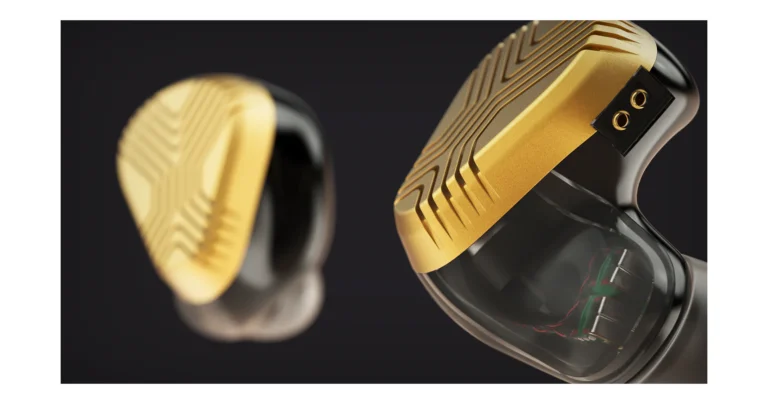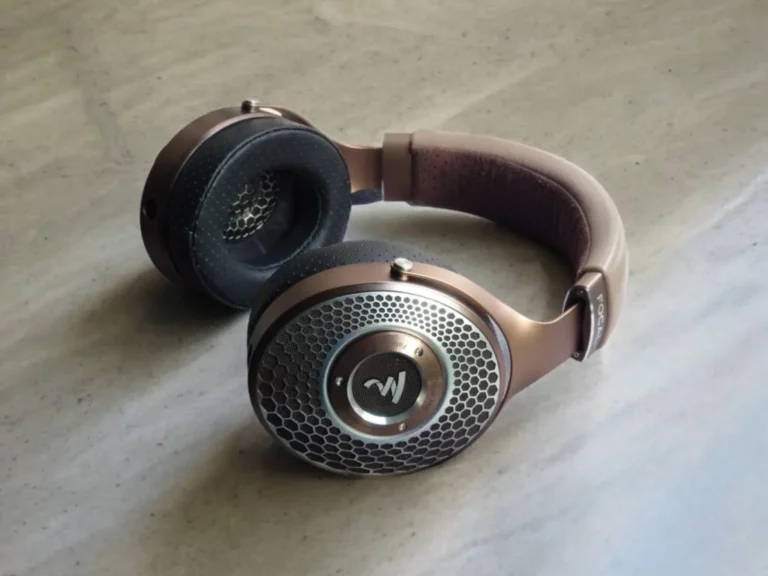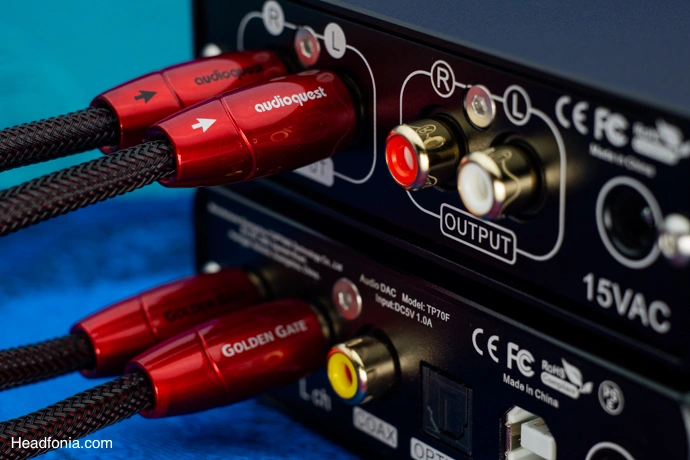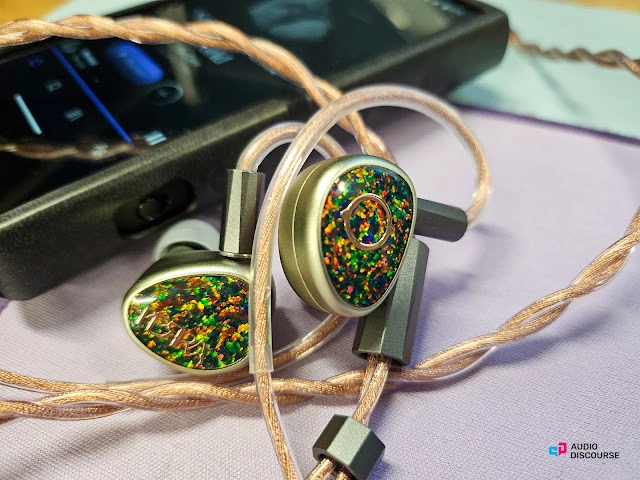Focal Elex Review: The Super HD600
Introduction
I had the opportunity to test out the Focal Utopia a few years ago. I quickly realized why they are regarded as the best headphones in the world after a little listening session. But I wasn’t interested in the around $4,000 price tag. The Focal Elex comes next. The Elex has earned the moniker “baby Utopia” or “super HD600” due to its far lower asking price of $700 and similar drivers to its siblings.
I was aware that I would eventually be able to obtain one and listen to it for myself. Here are my opinions on the Focal Elex in contrast to the legendary Sennheiser HD600, even if the hype train has mostly passed.
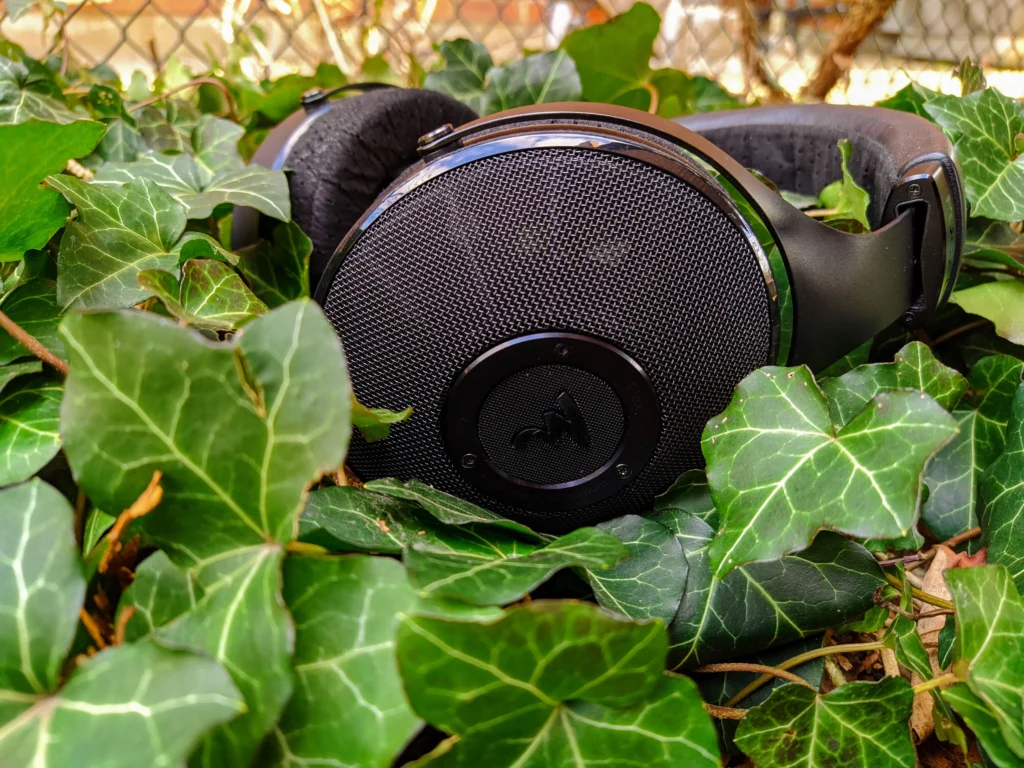
What’s in the Box?
The headphones themselves, wrapped in foam, are housed inside the black box. There are a few booklets with product details and a promotional brochure for Focal as a business. Other than that, there are two cables with fabric sleeves, one with a 6.5 mm jack (1/4″ for you Americans) and the other with an XLR. They’re terrible cords. It kinks uncomfortably due to its ridiculously large amount of cable memory. I would strongly advise replacing these wires with better ones.
The Elex itself has a reasonably good build quality. It feels sturdy and is a gorgeous black. Nevertheless, I naturally treat my Elex much more carefully than I do the HD600. It is substantially heavier than my HD600 in terms of weight. Although I was initially concerned that it would be too heavy for daily usage, I discovered that I could wear it for a few hours before needing to remove it to stretch. It was quite comfortable. With the exception of weight, I actually like it better than the HD600.
The pads fit my head well, even over my glasses, and the clamp force wasn’t overly strong. The pads adjust to the slightest touch and are remarkably pliable. I feel as though my ears have developed a seal. Additionally, it doesn’t warm up as much as the HD600. Because of the thick headband, I don’t feel any pressure points on the top of my head.
Sound
It seems to me that the Focal Elex is more of a “super HD600” than a “baby Utopia”. The Utopia’s level of resolution and subtlety is unmatched by Elex, even though it still has a lot of the same energy. Because of this, I didn’t get the same sense of awe when I initially listened to the Elex as I had anticipated based on my recollections of the Utopia. On the other hand, it is a great improvement over the HD600.
What, then, qualifies it as a “super HD600”? The Elex has a lively touch and a lean neutral tuning. Although it somewhat reduces the lower mids, its mids are comparable to those of the HD600. It adds a treble forwardness that the HD600 does not have. Technically, resolution, stacking, and staging advance with assurance. The Elex’s sense of dynamism and clarity are its greatest improvements over the HD600. Listening to the Elex is like taking the veil off of the HD600, to borrow a cliche. I’m not referring to the Sennheiser veil, which I don’t even think exists. Recordings feel instantly clearer on the Elex. Songs easily take on a new level of vibrancy and musicality.
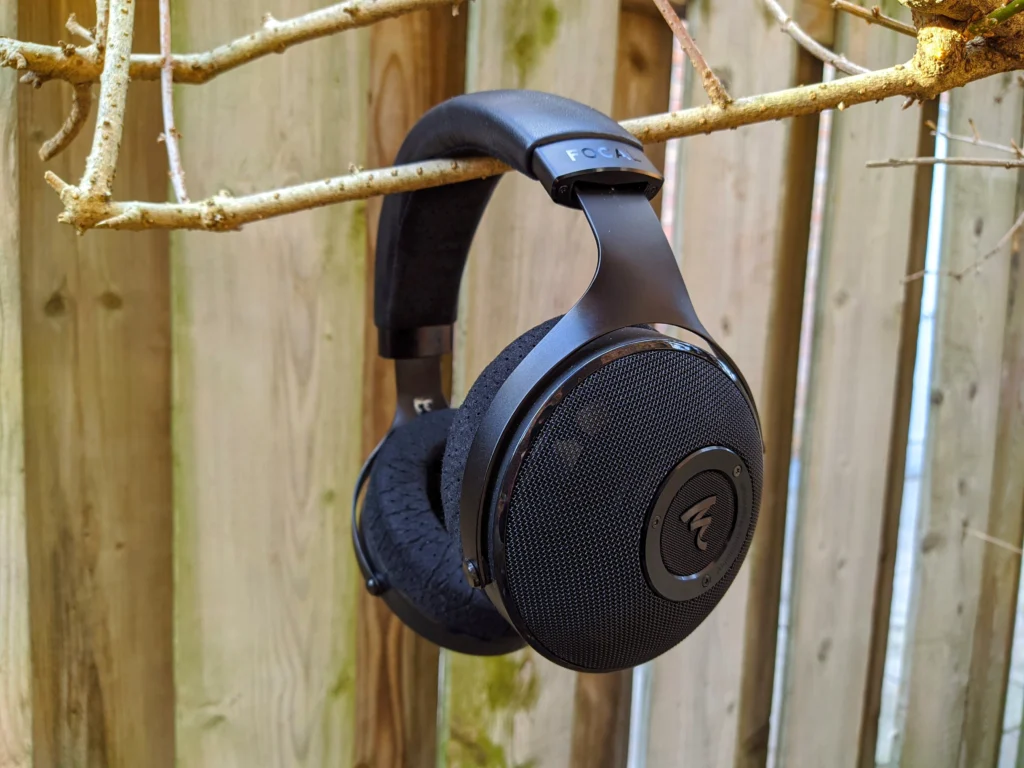
Bass:
Despite all of its wonderful qualities, I believe it’s commonly known that the HD600’s bass is its greatest flaw (perhaps with the exception of the soundstage). It’s not bad at all, but I’ve always wished it had a little more bass response and less subbass. With a trade-off in midbass presence, the Elex readily addresses both of those issues.
The Elex has a tight bass. The Elex can smash with ease thanks to the excellent transient responsiveness. The Elex is by no means a slouch in terms of dynamism and resolution, even though it cannot match the Utopia. Bass notes have a terrific feeling of definition and cut straight through the mix, even in crowded parts.
The tiny changes in the drummer’s approach to the kick in each successive note come to life with the Elex. Dazzling bass guitar lines that flow in and out with ease are just delectable. When compared to the Elex, the HD600 sounds incredibly flat and compressed. The bass response of the Elex is excellent, to put it simply. This fulfills the inexplicable sense of longing I experienced while listening to the HD600.
Aside from quality, what about quantity? The reference path is taken by the bass of the Elex. It isn’t very high, but it does extend wonderfully down and has a lot of presence in the subbass area. For its midbass, the same is true. As a result, the Elex appears somewhat slender. It doesn’t sound very good, but it’s not anemic. Even while the kick and toms are meaty, they don’t always fill the space. For me, it’s a little unfortunate because I would like to hear more bass of this caliber. I can’t help but turn up the Elex to enjoy that sweetness. I tried lightly EQing it, but the outcome didn’t satisfy me.
Mids:
In my opinion, the Elex and HD600’s mids have somewhat comparable tones, but they are presented very differently. The Elex is more engaging and leaner than the HD600, which offers a warmer, smoothed-over sound. Both male and female vocals are expertly placed without ever being overly forward or recessed. Compared to the HD600, I think the Elex allows the vocals to merge into the mix more effectively. Acoustic guitars sound sharper on plucked strings, whereas electric guitars have a cleaner roughness.
Overall, the Elex’s instruments feel more open and dispersed than the HD600’s. In a vacuum, I believe I somewhat prefer the HD600’s tone, but the Elex’s total technological developments make me strongly lean toward it. Rhetoric on the HD600 frequently revolves around its superb timbre, which is unmatched by many other headphones. Without a doubt, the HD600 has amazing sound. However, the Elex doesn’t seem to lag behind in any manner. I think it’s just as nice as the HD600. Compared to the HD600, its presentation might be less laid-back, but I don’t mind.
Treble:
The Elex has a treble forwardness that highlights the brightness of the upper harmonics, making it substantially brighter than the HD600. For the first half hour or so, the Elex may seem exhausting if you’re used to the HD600’s more relaxed treble. Cymbals and hats are clear. The highest notes of a xylophone and bell-like instruments have a beautiful crystalline clarity. Many tunes that were previously smoothed over on the HD600 now have their treble brought to life by the Elex.
A slightly shorter fade that conceals the crash’s final trailing ring is the trade-off. If you frequently read my AD evaluations, you are aware that I am not treble shy. Therefore, the Elex’s treble is very similar to what I want. No troublesome dips or spikes that would detract from the treble’s color are audible to me.
In contrast to the HD600, the Elex’s treble timbre has been criticized for sounding metallic. To be honest, when I initially purchased it, I was also a little worried about this. For the most part, though, I don’t hear it. I admit that the Elex’s brightness does give a metallic sheen to some badly recorded tracks where the cymbals initially seem unintelligible, as it intensifies the already discordant sound. It’s not a problem at all else. I’m really happy with the Elex’s triple.
Presentation:
Although not by much, the Elex’s soundstage is less private than the HD600’s. About 20% extra height, width, and depth, in my opinion. The Elex opens up just enough to reduce the HD600’s continual feeling of being closed in. Because each note is so clear, imaging is considerably improved with subtle placements in the soundstage. The Elex is significantly more open than the HD600, which I believe is a result of its lean tuning. On the HD600, it feels like the instruments are crammed into a little area, whereas on the HD600, they truly feel like they have room to breathe and perform. This feeling of space on the Elex, in my opinion, really enhances my enjoyment.
Even though it isn’t immediately apparent when comparing side by side, resolution is also better than the Elex. By utilizing the Elex’s openness, instrument separation and layering are noticeably improved. Although it is the mainstay of this headphone, I mentioned how dynamic the Elex is in the bass section. Songs acquire a level of vitality and vigor that I was unaware was lacking. Comparing them side by side, it’s truly like a layer of compression was applied on the HD600 and removed on the Elex. It’s an impressive step up as the HD600 is hardly poor in dynamics itself. Words really don’t it justice; I find descriptions about dynamics fall flat without a chance to hear it yourself.
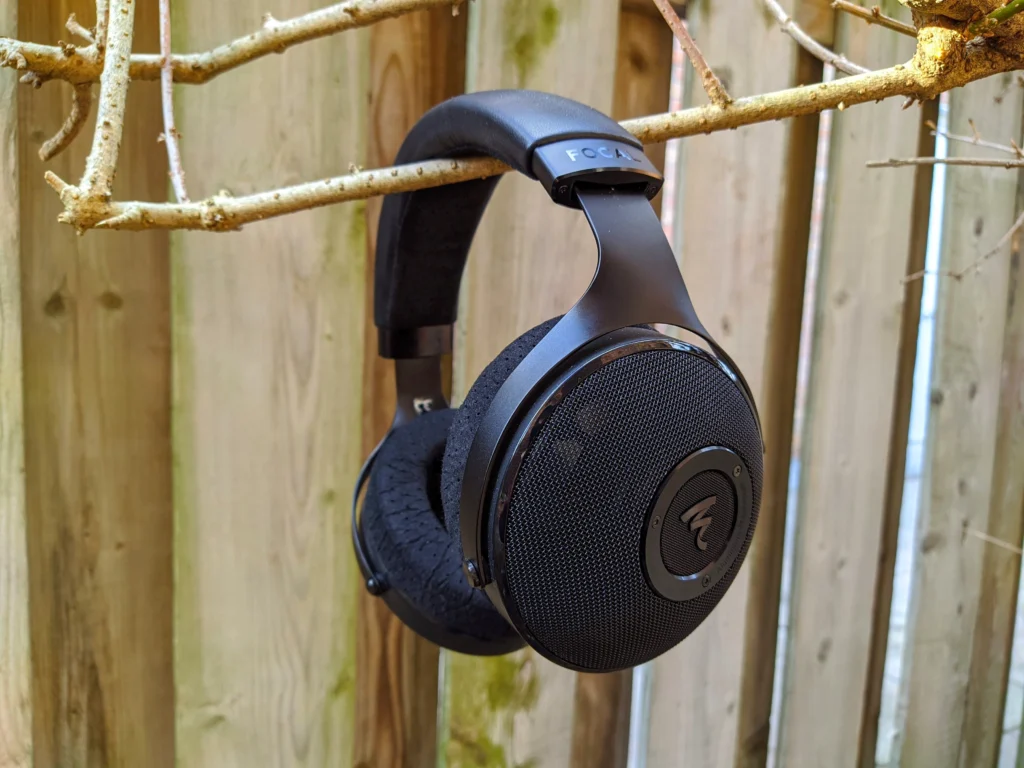
Should You Buy It?
Clearly, I love the Elex. For the first few months that I had it, I didn’t even bother to A/B it with the HD600 I had lying around. While it didn’t live up to the “baby Utopia” dream I had, it did fulfill the “super HD600” promise. It was only as I began writing this review and spent a few afternoons directly comparing them did I come to appreciate just how much better the Elex was
In comparison to the HD600 I was accustomed to, the Elex’s sound was better in almost every way. The more I listen to it, the more I value this headset. I would be happy to designate the Elex my endgame because it closely matches my preferences.
I would highly suggest the Focal Elex if headphones were only about sound quality. It’s definitely worth the $700. Its value is comparable to that of a $200 HD600. However, it is held back by a few extrinsic catches. Quality control is the giant elephant in the room, for those who know the Elex narrative. Since I don’t know everything, I won’t go into too much detail here, but let’s just say that some units have a tendency for their drivers to die.
Even though the Elex comes with a two-year guarantee when new, I would hate to deal with Drop’s customer service, especially since Focal seems to have chosen a hands-off approach. The problem is made worse by the fact that Focal pads are generally excruciatingly expensive and that it is difficult to purchase fresh pads for the Elex later on.
Ultimately, the Elex could have been too good to be true. I would really like to be able to suggest it with confidence, but I am unable to do so with integrity. It receives a cautious recommendation instead. Failures are unavoidable for every product, and I’m confident that there are many Elexes without issues. I couldn’t think of anything else I would purchase for the price if you can afford the minimal risk involved in purchasing the Drop x Focal Elex. I can only hope that a new competitor enters the headphone market in 2021, one that improves upon the Elex and offers a more user-friendly experience at a similarly low cost.

